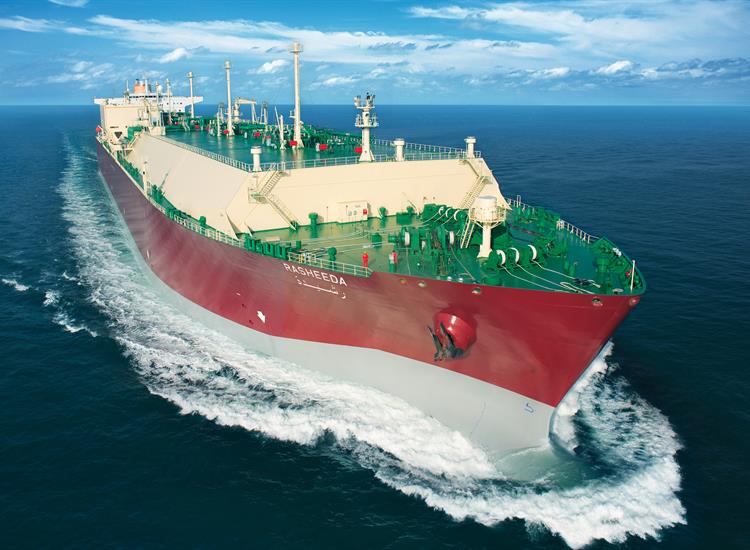On July 13, 2024, the private think tank, The Japan Forum for Strategic Studies (JFSS), conducted a simulation in Tokyo, envisaging a potential conflict involving Taiwan. The scenario assumed that China would invade Taiwan in 2027. A critical issue highlighted in this simulation was the concern over the transportation of LNG (liquefied natural gas) in the context of Japan’s national economic security.
Japan relies on imports for over 90% of its energy needs, including oil and natural gas. While the nation has established a robust domestic oil stockpile of approximately eight months (around 240 days) under the Oil Stockpiling Law, no such legal framework exists for LNG. Due to the necessity of cooling LNG to minus 162°C for liquefied storage, Japan currently maintains only a 2-3 week supply domestically.
In 2022, Japan’s LNG imports amounted to 72 million tons, making it one of the world’s largest LNG importers, alongside China.
In recent years, Japanese shipyards have ceased constructing LNG vessels. Consequently, new LNG ships for the Qatar project are being built in South Korean and Chinese shipyards. These vessels, constructed in South Korea and China, are operated by Japan’s major shipping companies.
The simulation conducted by JFSS included scenarios where the China Coast Guard obstructed the voyage of LNG ships bound for Japan in the South China Sea and incidents where Chinese vessels collided with and set fire to Japanese LNG bases.
Currently, a significant number of LNG ships are being built globally. The forum underscored the risks associated with LNG fuel, which constitutes over 30% of Japan’s thermal power generation, during potential crises.
〆「日本戦略研究フォーラム」(The Japan Forum for Strategic Studies 、JFSS)が日本のLNG輸送のリスクについて問題提起した。
民間シンクタンク「日本戦略研究フォーラム」(The Japan Forum for Strategic Studies 、JFSS)が2024年7月13日、東京都内で台湾有事を想定したシミュレーションを行った。
そのシミュレーションは、中国が2027年に台湾に侵攻するとのシナリオである。
その際、日本の国家安全経済保障(national economic security)で課題となったのがLNG輸送への懸念である。
日本は石油、天然ガス含めエネルギーの90%以上を海外からの輸入に頼る。
原油については「石油備蓄法」(Oil stockpiling law)などに基づき、現状でも国内備蓄は約8ヵ月分(240日前後)確保されている。一方、液化天然ガス(LNG)については法的な備蓄制度はなく、マイナス162℃に冷却して液化貯蔵する必要があるため、現時点で2―3週間分の国内備蓄しか確保できていない。
日本は2022年暦年のLNG輸入量が7200万トンと単独国としては中国とならぶ世界最大級のLNG輸入国である。
近年はLNG船を日本の造船所が建造しなくなったため、カタールプロジェクトが新たに建造するLNG船は韓国や中国の造船所が建造するものである。
韓国や中国の造船所で建造されたLNG船を日本の海運大手が運航する。
今回のシミュレーションでは中国海警局が南シナ海(South China Sea)で日本へ向かうLNG船の航海を妨害したり、中国の船舶が日本のLNG基地に激突して炎上するなどの「有事の想定」を行った。
現在、世界で大量のLNG船が建造されている。その中にあって、今回のフォーラムでは日本の火力発電所の3割強のシェアを持つLNG輸送へのリスクについて問題提起された。
